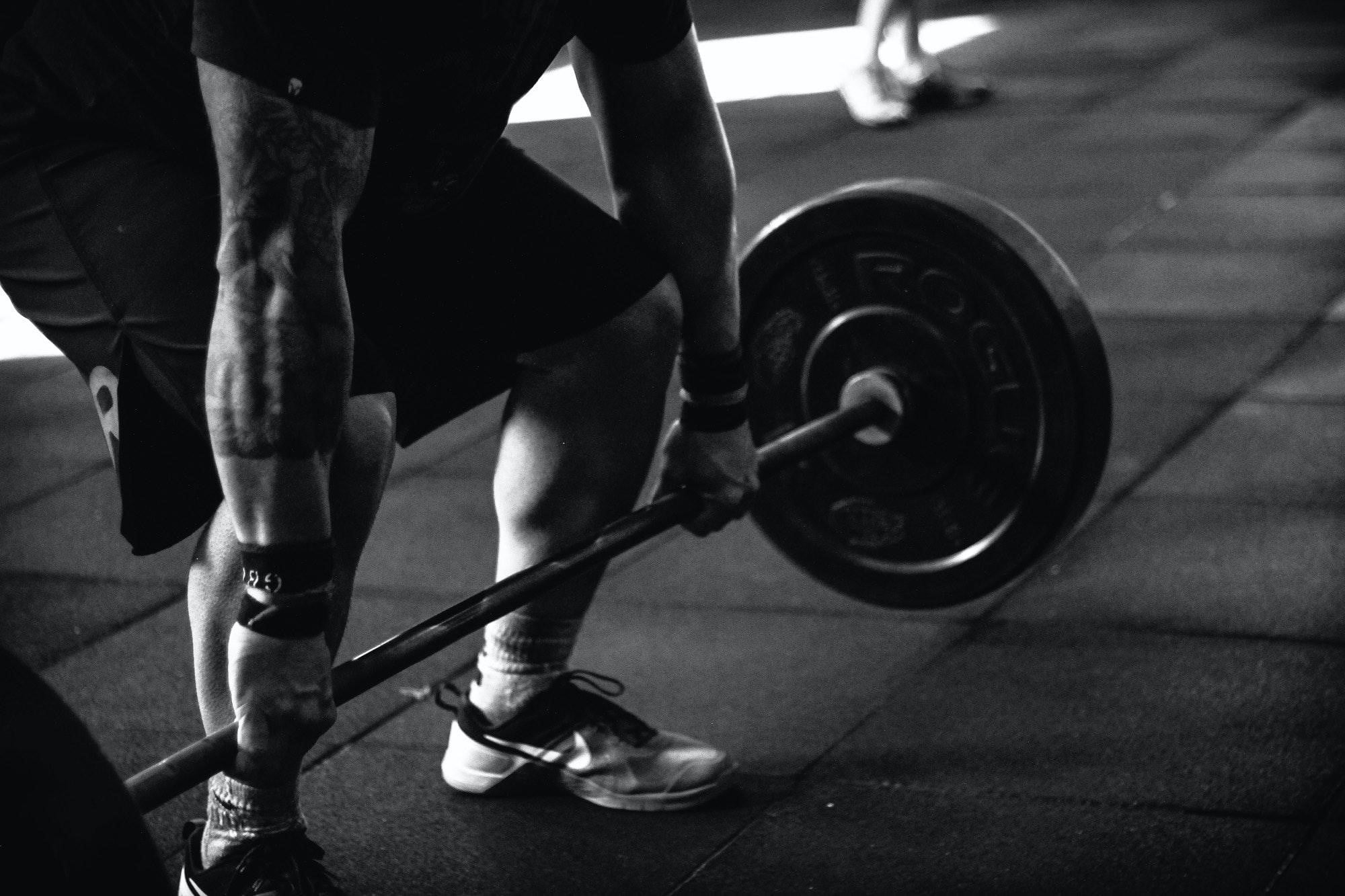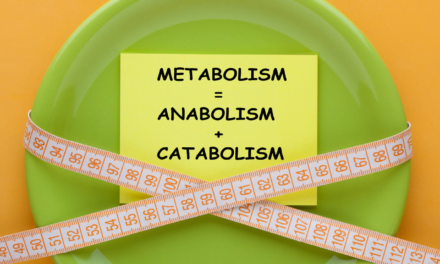These conditions can significantly impact an individual’s physical functioning and overall quality of life. Anabolic steroids are synthetic compounds that mimic the effects of testosterone and are commonly used to treat muscle-wasting diseases. This article will explore the different types of muscle-wasting diseases, how anabolic steroids work, and their role in combating muscle-wasting diseases.
Muscle wasting diseases and their effects on the body:
A progressive loss of muscle mass and strength characterize muscle-wasting diseases. Various types of muscle-wasting conditions include muscular dystrophy, ALS, and cachexia. Muscular dystrophy is a genetic disorder that causes progressive muscle weakness and degeneration. ALS, or amyotrophic lateral sclerosis, is a progressive neurodegenerative disease that affects nerve cells responsible for controlling voluntary muscle movement. Cachexia is a condition that occurs in individuals with chronic illnesses, such as cancer and is characterized by muscle wasting and weight loss.
Muscle-wasting diseases affect the body in various ways. Individuals with muscle-wasting disorders experience a decline in muscle mass and strength, leading to mobility issues, difficulty performing daily tasks, and a decreased quality of life. Muscle-wasting diseases can also affect the respiratory system, making breathing difficult, and the cardiovascular system increases the risk of heart failure.
What are anabolic steroids?
Anabolic steroids are synthetic compounds that mimic the effects of testosterone. They are commonly used to increase muscle mass and strength in individuals with muscle-wasting diseases. Anabolic steroids bind to androgen receptors in muscle cells, stimulate protein synthesis, and promote muscle growth. Various types of anabolic steroids include
testosterone, nandrolone, and oxandrolone.
The role of anabolic steroids in combating muscle wasting diseases:
Anabolic steroids can help prevent muscle wasting by promoting protein synthesis and increasing muscle mass and strength. They effectively improve muscle mass and strength in individuals with muscle-wasting diseases, such as muscular dystrophy and cachexia. Anabolic steroids can also improve respiratory function and quality of life in individuals with muscle-wasting conditions.
However, anabolic steroids have potential side effects, including acne, hair loss, and an increased risk of heart disease and liver damage. It is essential to weigh the benefits and risks of anabolic steroid use in individuals with muscle-wasting conditions.
UK’s Approach to Anabolic Steroids in Treating Muscle-Wasting Diseases:
The United Kingdom’s approach to the use of anabolic steroids in treating muscle-wasting diseases follows a cautious and regulated stance. While anabolic steroids have shown potential in combating muscle wasting, the UK emphasizes the importance of carefully weighing the benefits and risks before considering their use. Healthcare providers play a crucial role in guiding individuals with muscle-wasting diseases and ensuring ethical considerations are taken into account.
Current research on anabolic steroids for muscle wasting diseases:
Recent studies have shown that anabolic steroids can improve muscle mass and strength in individuals with muscle-wasting diseases. However, there is still limited research on the long-term effects of anabolic steroid use in this population. Ethical considerations also need to be considered, such as the potential for abuse and the impact on the integrity of competitive sports.
Conclusion:
In summary, anabolic steroids can significantly combat muscle-wasting diseases by increasing muscle mass and strength. However, the potential side effects and ethical considerations of anabolic steroid use must be carefully considered. Future research is needed to understand better the long-term effects of anabolic steroid use in individuals with muscle-wasting diseases. It is recommended that individuals with muscle wasting diseases consult a healthcare provider before considering anabolic steroids as a treatment option.
FAQ
Q: What are muscle-wasting diseases?
Muscle wasting diseases are a group of disorders that cause a loss of muscle mass and strength. These conditions can significantly impact an individual’s physical functioning and overall quality of life.
Q: How do muscle-wasting diseases affect the body?
Muscle-wasting diseases affect the body by causing a decline in muscle mass and strength, leading to mobility issues, difficulty performing daily tasks, and a decreased quality of life. They can also affect the respiratory and cardiovascular systems.
Q: What are anabolic steroids?
Anabolic steroids are synthetic compounds that mimic the effects of testosterone. They are commonly used to increase muscle mass and strength in individuals with muscle-wasting diseases.
Q: How do anabolic steroids work?
Anabolic steroids bind to androgen receptors in muscle cells, stimulate protein synthesis, and promote muscle growth.
Q: What are the potential side effects of anabolic steroid use?
Potential side effects of anabolic steroid use include acne, hair loss, increased risk of heart disease, and liver damage.
Q: Can anabolic steroids help prevent muscle wasting?
Anabolic steroids can help prevent muscle wasting by promoting protein synthesis and increasing muscle mass and strength.
Q: What are the different types of anabolic steroids?
Various types of anabolic steroids include testosterone, nandrolone, and oxandrolone.
Q: Is there any current research on anabolic steroids for muscle-wasting diseases?
Recent studies have shown that anabolic steroids can improve muscle mass and strength in individuals with muscle-wasting diseases. However, more research is needed to understand their use’s long-term effects and ethical considerations.
Q: Should individuals with muscle-wasting diseases consider using anabolic steroids?
Individuals with muscle wasting diseases should consult with a healthcare provider before considering anabolic steroids as a treatment option. The potential benefits and risks need to be carefully weighed and considered.
Author

Dr. Aditya K. Sharma
I am Dr. Aditya Sharma, a dedicated urologist specializing in kidney transplants and advanced urological surgeries. My career is driven by a passion for delivering exceptional care and pioneering surgical techniques. Outside the operating room, I have a keen interest in studying the effects of anabolic steroids on bodybuilding, seeking to understand the fine line between enhancing performance and maintaining health.








